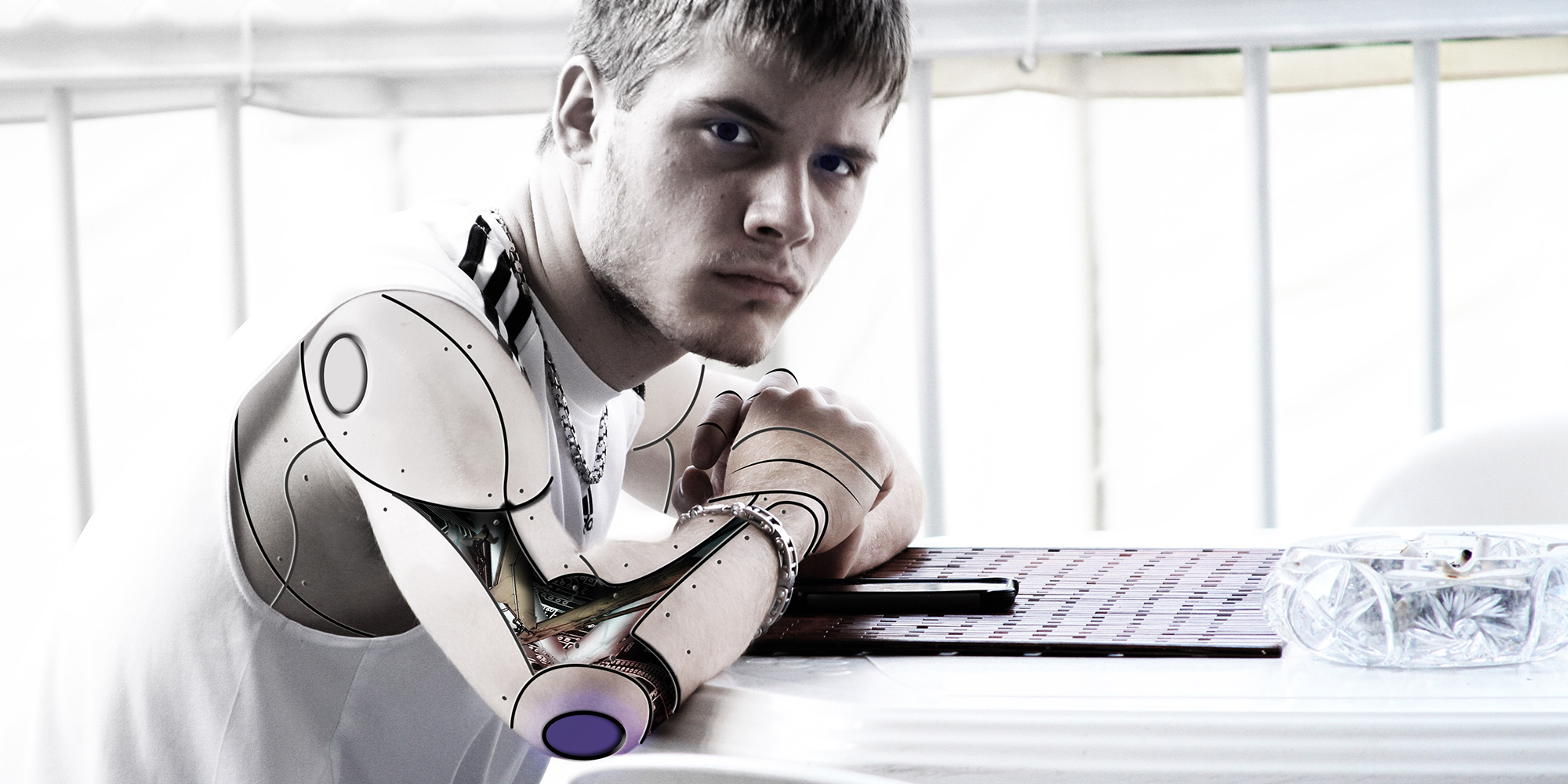
08 Aug Systems vs. People
One question we ask ourselves in angel investing or venture capital is, “Are we betting on the horse or the jockey?” Are we betting on the business model and idea, or on the operator of the business or executer of the idea?
It’s a trick question, because the answer is both. We need a great idea and an executor who is flexible, coachable and can grow into the leader that the business will need. Jim Collins, author of “Good to Great,” puts it this way at his blog:
“… leaders of companies that go from good to great start not with ‘where’ but with ‘who.’ They start by getting the right people on the bus, the wrong people off the bus, and the right people in the right seats. And they stick with that discipline—first the people, then the direction—no matter how dire the circumstances. Get the right people on the bus.”
(http://www.jimcollins.com/article_topics/articles/good-to-great.html)
Let me shift the discussion from great ideas to great systems, because ultimately both are needed. Yes, you need great systems to be a great company, but it’s a myth that if you have great systems in place, all you need to do is plug in monkeys to operate them. You need good people — not capable, but good. And you need systems that are scale-able and repeatable. The answer is both/and. But if you have to make a choice, choose to build and empower people.
My mentor, Buzz Oates always hired people he trusted, and never really invested in systems. He understood that systems make great slaves but terrible masters. Take the DMV, for an example.
It must have seemed like a good idea: to create predictable, repeatable systems so that each customer is served in an identical way no matter where they access the DMV, and no matter who is serving them. The problem is that while good systems make good people great (read that again, if you need to), good systems also have the ability to make bad people horrible. People who don’t believe in the company’s mission, or don’t get the “why,” or who simply have poor character, can use systems to cover their own inaction and ineffectiveness. It happens all the time.
And is the DMV any different from many corporations in this regard? Unmotivated, mediocre employees can hide behind systems wherever systems are found. And systems themselves discourage creative thinking and dampen engagement both with the company’s mission and with its customers. The system becomes the reason for being, the goal of one’s efforts — to serve it, protect it, defend it and make it work, even if it’s no longer working well.
Keeping this strongly in mind at our company, INNOVA, we work hard to put systems in place to empower people and free them up to do great work. My highest priority is never to create good systems (though we need them), but to ensure that good people are coming on board. Then I make sure that our focus as a company is not on serving systems, but on fulfilling our greater mission. That not only brings out the best in our employees, it keeps systems in a subservient place where they belong.
After all, who wants to be the DMV?
LINKS:
Jim Collins, author of “Good to Great” https://www.amazon.com/Good-Great-Some-Companies-Others/dp/0066620996/ref=sr_1_1?s=books&ie=UTF8&qid=1511898429&sr=1-1&keywords=jim+collins+good+to+great
Good people https://www.wired.com/2015/04/hire-like-google/ or https://www.entrepreneur.com/article/235700#
Good systems https://www.inc.com/lee-colan/building-your-business-operating-system.html


